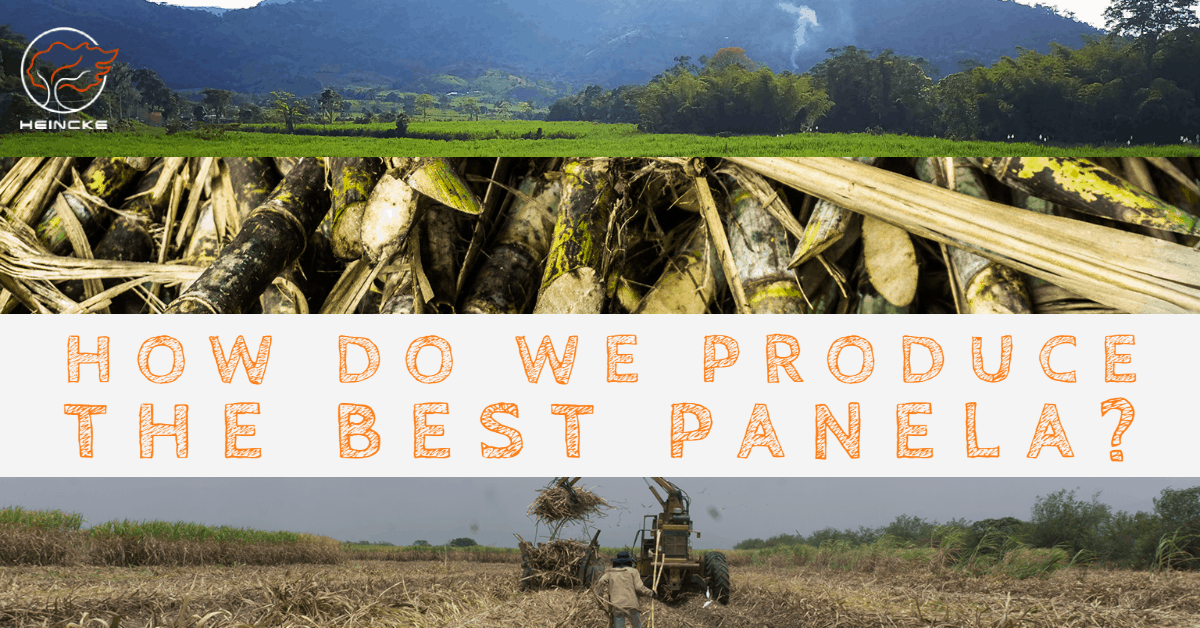The principle of health
This is the first of the 4 principles of organic agriculture, it presents us that the health of individuals and societies cannot be divided from the health of ecosystems.
So, to eat healthy, we need to have healthy soils that grow healthy crops and promote the health of animals and individuals. Health means everything to every living environment, it is the integrity and wholeness of living systems.
When we refer to organic agriculture, we mean that whether it is farming, processing, delivery or consumption, it is to sustain, preserve and improve the health of the environment and its organisms, from the smallest in the soil to us, the humans.
Principle of ecology
This is the second principle of organic agriculture; to generate any sustainable environment, this type of agriculture should be based on living ecological systems and cycles, work with them, emulate them and facilitate their sustainability. This principle anchors organic agriculture in living ecological systems.
When this is respected, ecological systems are capable of giving us higher quality products with greater nutritional properties. The systems of agriculture, grazing and wild collection must adapt to the cycles and ecological balances of nature. Organic agriculture should achieve ecological stability by planning agricultural systems, establishing habitats and maintaining genetic and agricultural variety.
Principle of equity
This beginning emphasizes that those involved in organic agriculture must maintain human relations in a way that ensures equality at all levels and for each of the parties – farmers, workers, processors, distributors, traders and consumers.
Organic agriculture should provide a good quality of life for all concerned and help with food autonomy and poverty reduction. This start insists that animals should be provided with living conditions and opportunities that are in keeping with their physiology, natural behavior and comfort.
Principle of care
Organic agriculture should be managed in a precautionary and responsible manner to defend the health and peace of recent and future generations and the environment.
This agriculture is any living and dynamic system that responds to internal and external requests and conditions. Organic agriculture practitioners have the potential to improve efficiency and increase productivity, but this should not be at the risk of jeopardizing health and peace.
This principle dictates that precaution and responsibility are the key concerns in the management, development and technological possibilities in organic agriculture. Science is elementary to assert that organic agriculture is healthy, safe and ecologically sound.
Related links:
Source: https://www.ifoam.bio/sites/default/files/2020-03/poa_english_web.pdf





